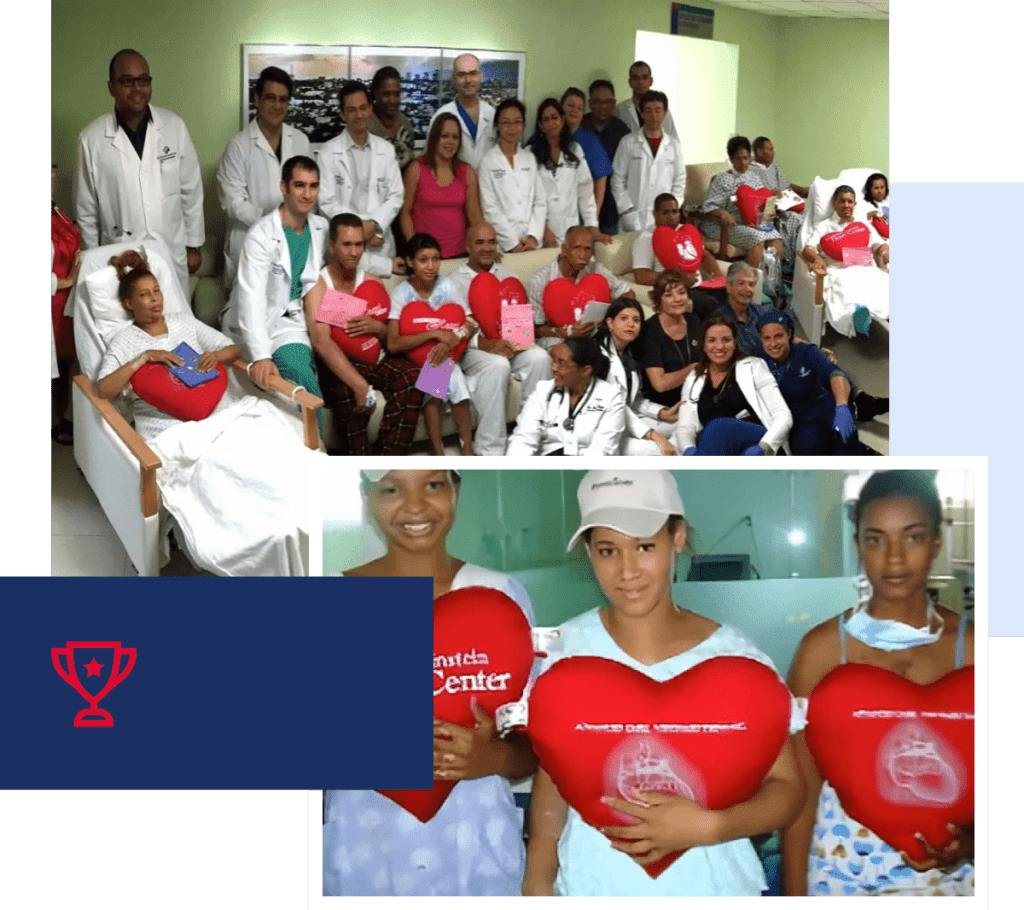
Comparable Renal Effects of Histidine-Tryptophan-Ketoglutarate and DelNido Cardioplegia in a Porcine Model of Cardiac Arrest
This study evaluated the renal impact of two cardioplegic solutions—HTK and DelNido—in pigs undergoing cardiac arrest. Despite DelNido showing better electrolyte and hemoglobin stability, both solutions induced comparable levels of renal injury. Biomarkers (NGAL, FABP-1, cystatin C), histological damage, oxidative/nitrosative stress, and apoptosis indicators revealed no significant differences, supporting similar renal safety profiles during 90-minute cardiac arrest.






